The Excel Feeling
Almost everyone is part of Excel spreadsheets and diagrams: men, women, other; Estonians, Russians, other; children, young people, parents, people with no children; people with high health risks, functionally diverse, sufficiently active in the eyes of the society, etc. The question is how to get in and out of these boxes. One of the key issues with Internet security and related civil liberties is how to ensure that people have the opportunity and ability to have a say in which boxes they live in. The privacy of people’s personal data is constantly under attack – it’s not just the question of targeted advertising in social media and the fact that someone earns large sums of money from other people’s personal data, without asking for permission, but it’s using private info for whatever reason, from car commercials to chemical weapons. On the other hand, flexible Excel spreadsheets are much needed, as the purpose of Internet applications is to make people’s lives somewhat easier, to provide services or activities that otherwise tend to remain unavailable due to the lack of time or other resources (e.g. health or GPS apps).
For her new solo exhibition, Ede Raadik will transform the gallery space into a lab of charts and diagrams which are based on smartphone apps that monitor menstrual cycles. The exhibition will provide a close look at the Excel spreadsheet of the artist’s health. By observing menstrual applications that control pregnancy, the artist discovered that some applications consider a cycle to be 28 days long, which is too short. Even if it is a textbook standard, it’s quite far from reality, because only a few women can say their cycle is completely regular and its length is always the same. This means that these applications are most probably made by men who simply do not know the norms and the peculiarities of a menstrual cycle. The exhibition raises questions about the new anachronistic norms, cyber security, the meaning and borders of personal and public, which have changed significantly in the age of smart devices.
Ede Raadik will continue her path as a feminist conceptualist who turns personal life events into numbers and graphs. The systematized tables and diagrams of smartphone apps that monitor the artist’s menstrual cycle are both homeric and self-ironical. At the same time, these drawings encourage approaching these events with essentialism, distancing from emotional experiences and seeing them as typical cases in the sea of life’s Excel. In this way, these intimate events become something era-specific and the personality and drama will fade. On the other hand, why should emotional apathy even be asked from women when concerned with the issues of having children and intimate health, even if it’s a daily matter, when waiting for the gynaecologist appointment can take months and women’s equal position in society is often under attack and requires a constant battle for it?
Text by: Rebeka Põldsam
Ede Raadik graduated from the Department of Fine Arts of the Estonian Academy of Arts; she lives and works in Tallinn. Her solo exhibition ‘Sailin’ on the Red Sea’ is open at Kogo Gallery, in Widget factory, Tartu, from April 4 to May 11. The exhibition is open Wed–Fri 12pm to 7pm and Sat 12pm to 6pm.
The exhibition is supported by The Cultural Endowment of Estonia and by the city of Tartu. Thanks to Purtse brewery.
Graphic design: Aleksandra Samulenkova
Exhibition views: Madis Kats

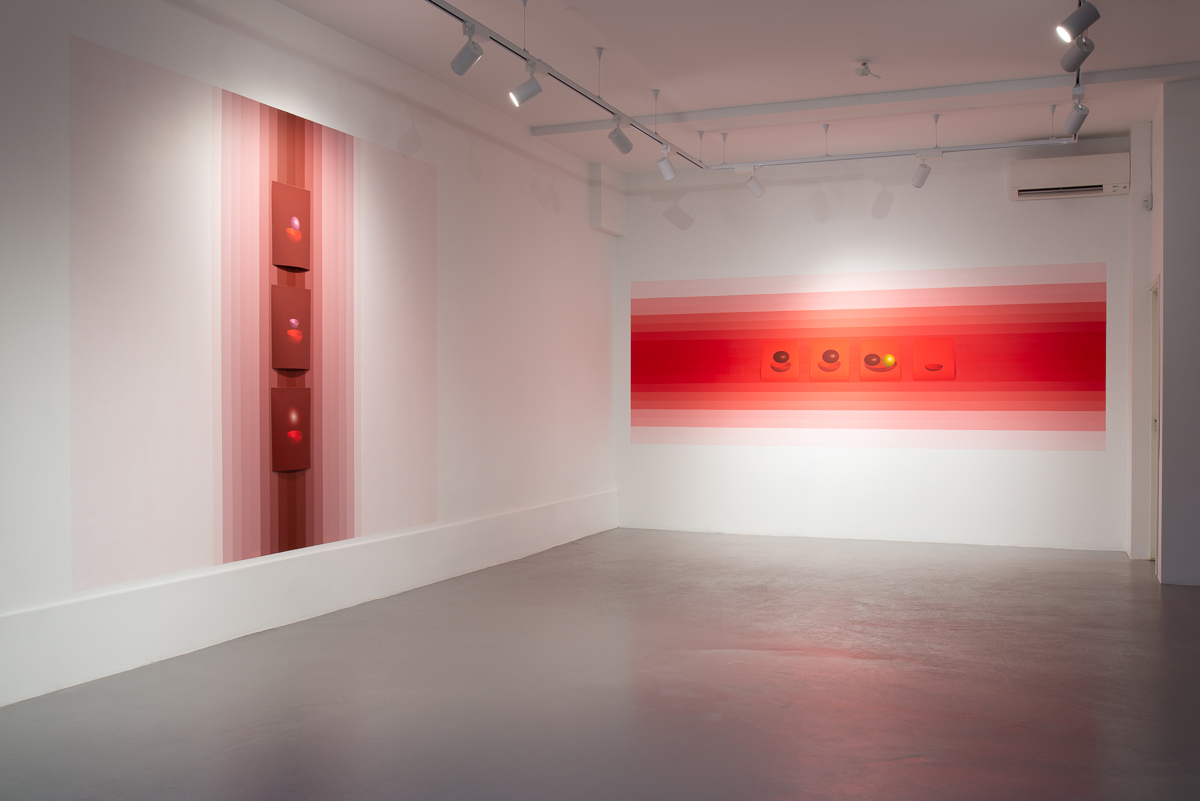
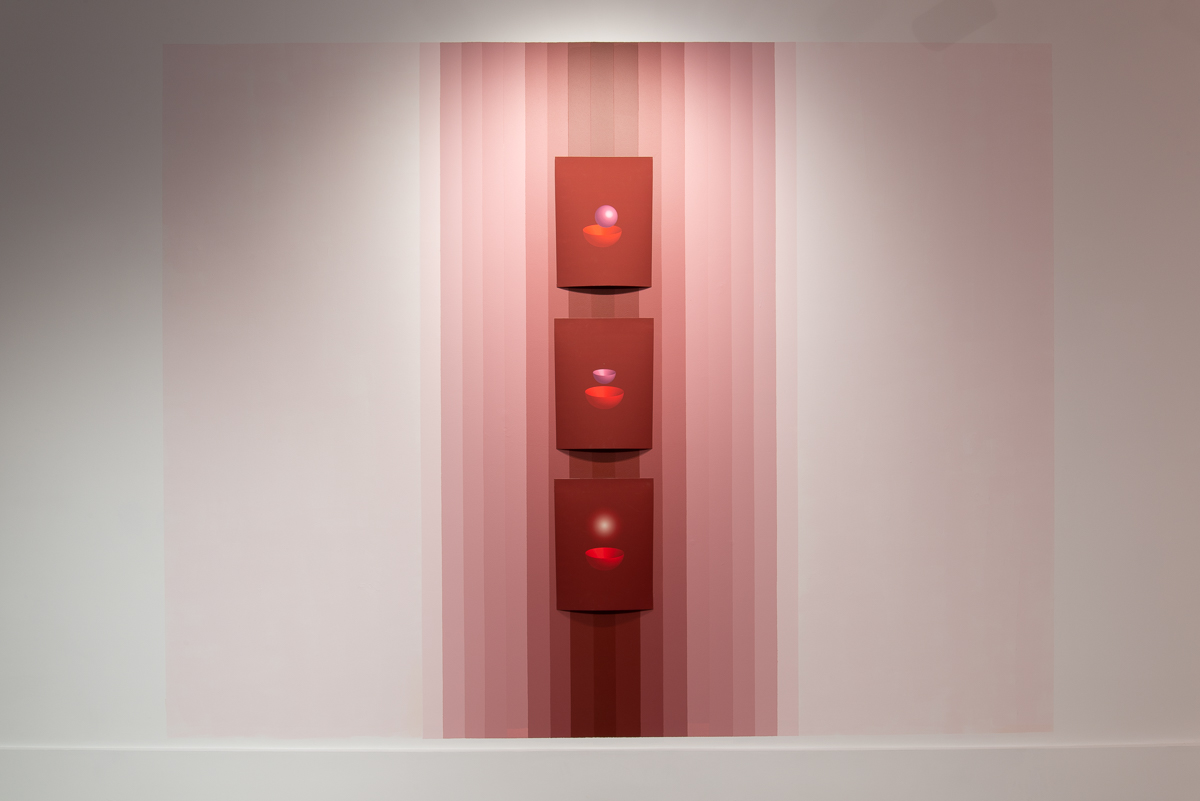
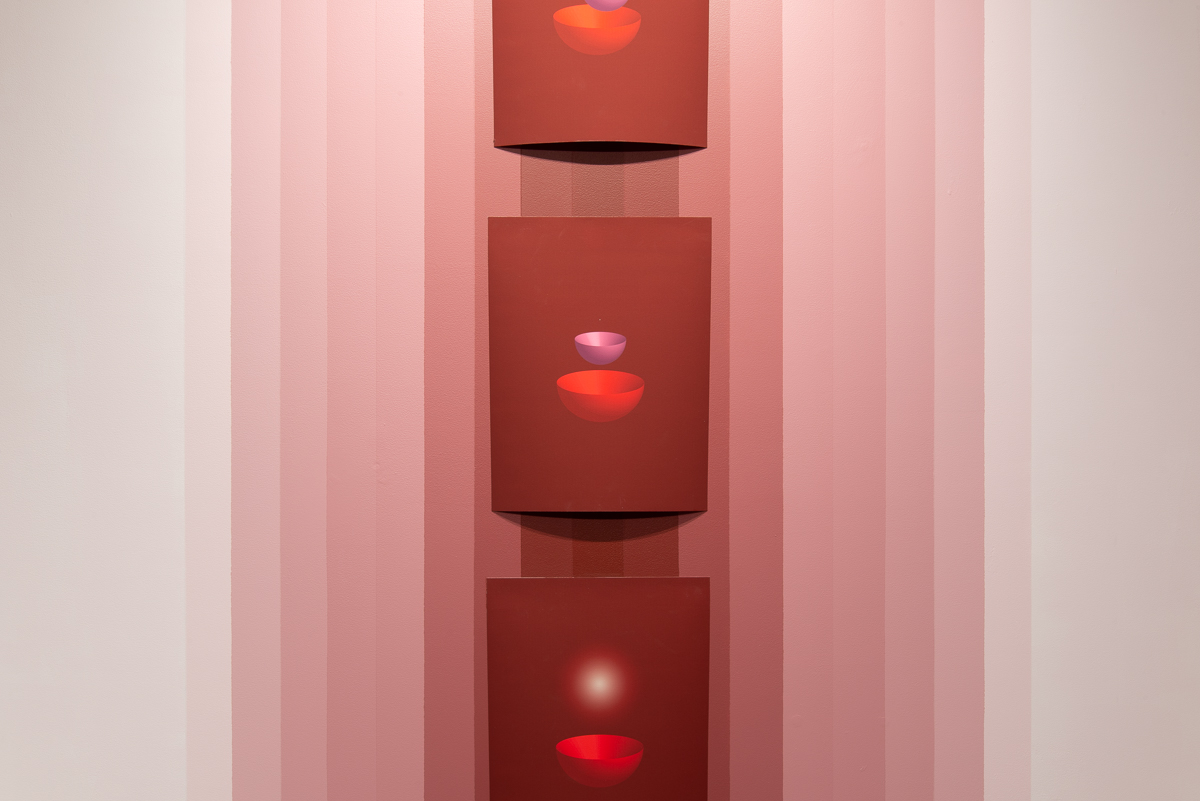
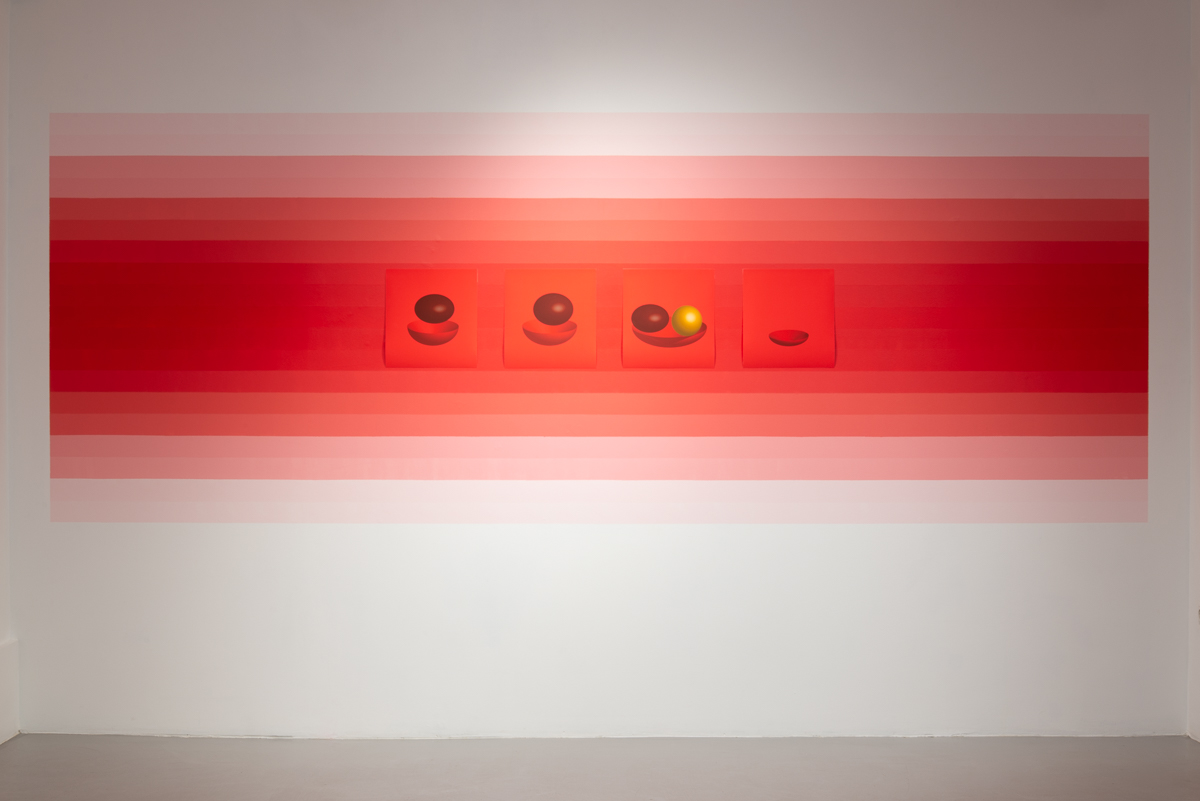
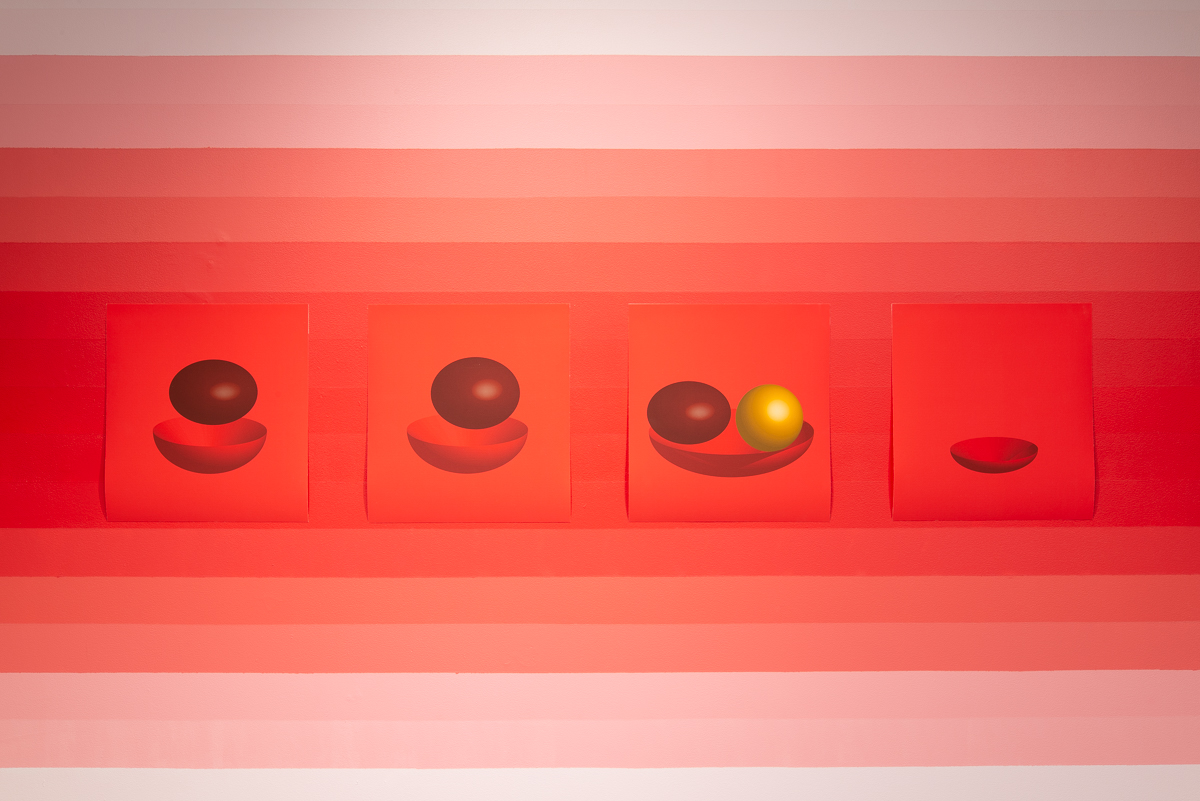
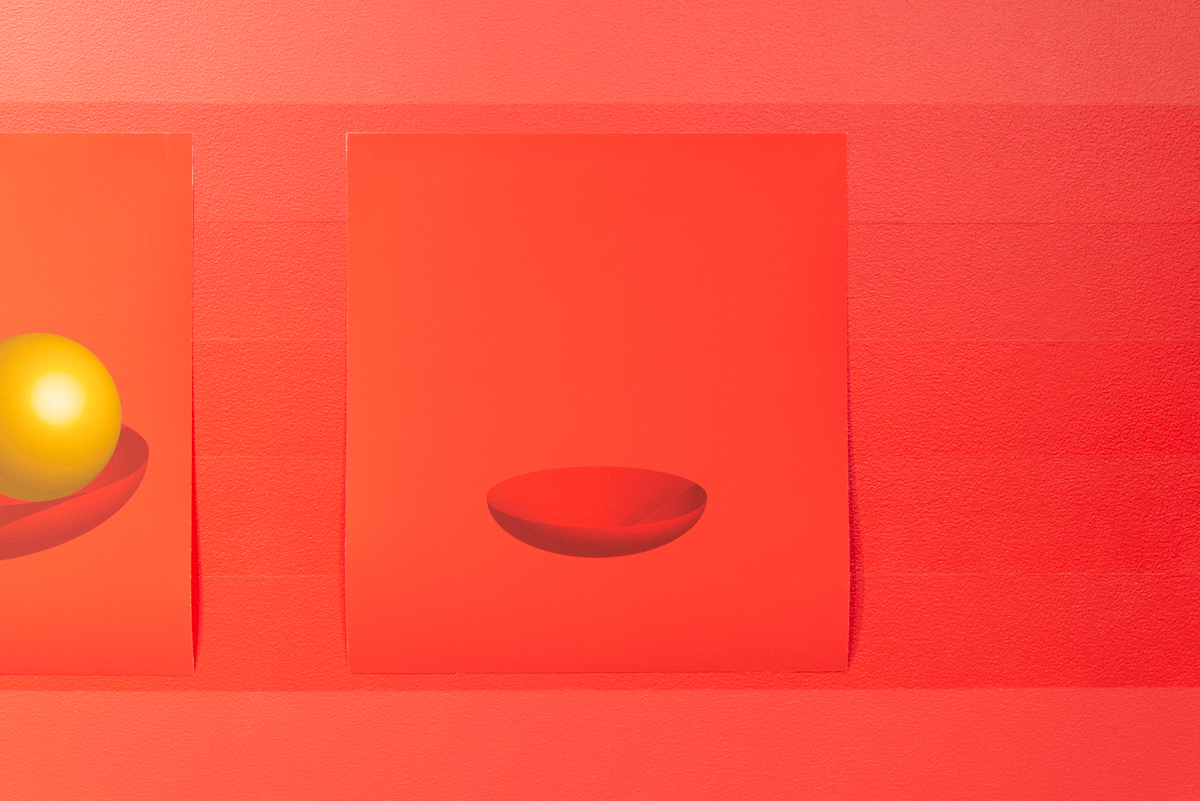
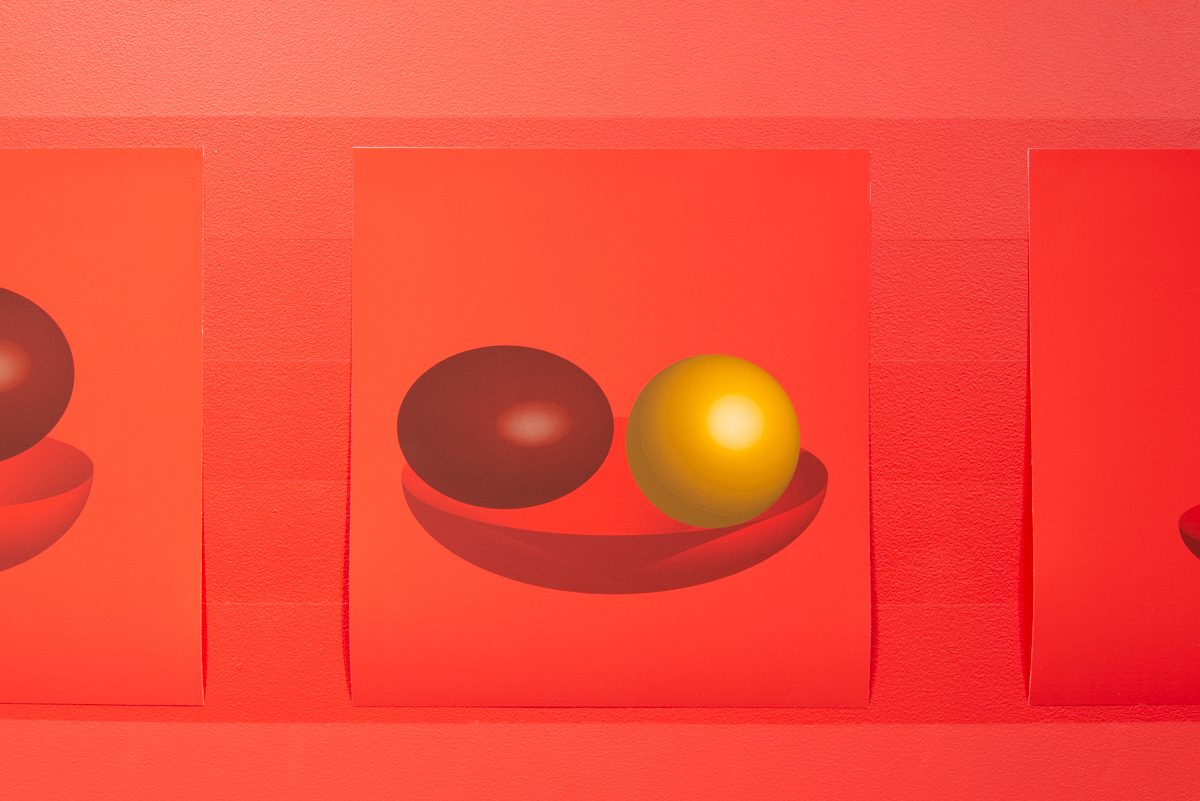
 Chatty Matter
Chatty Matter